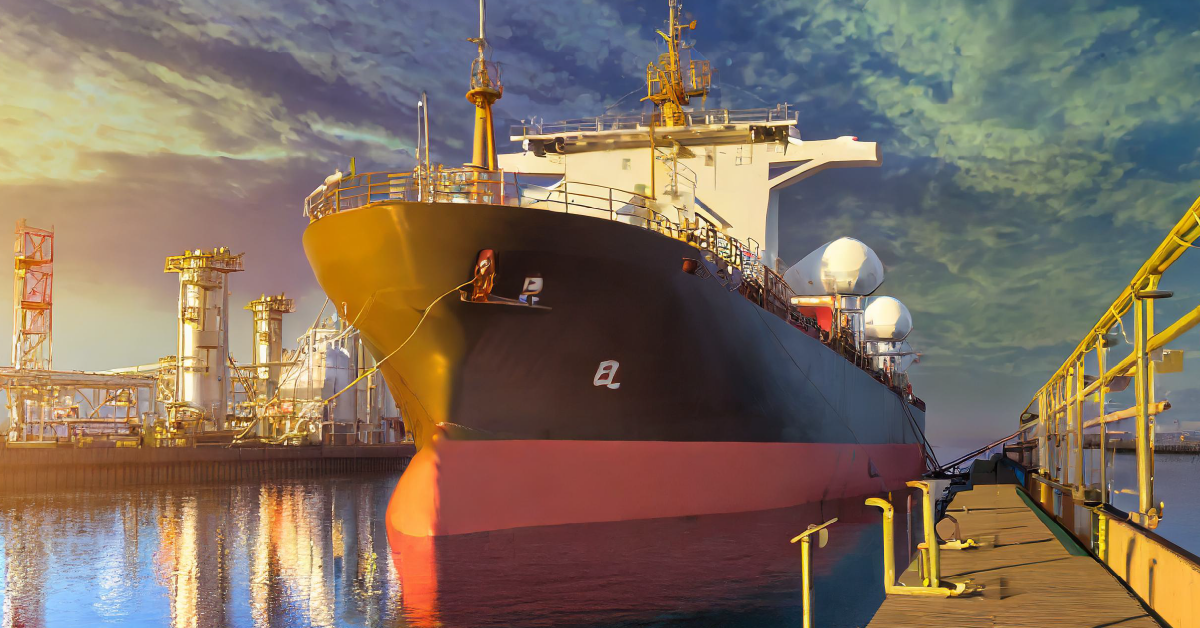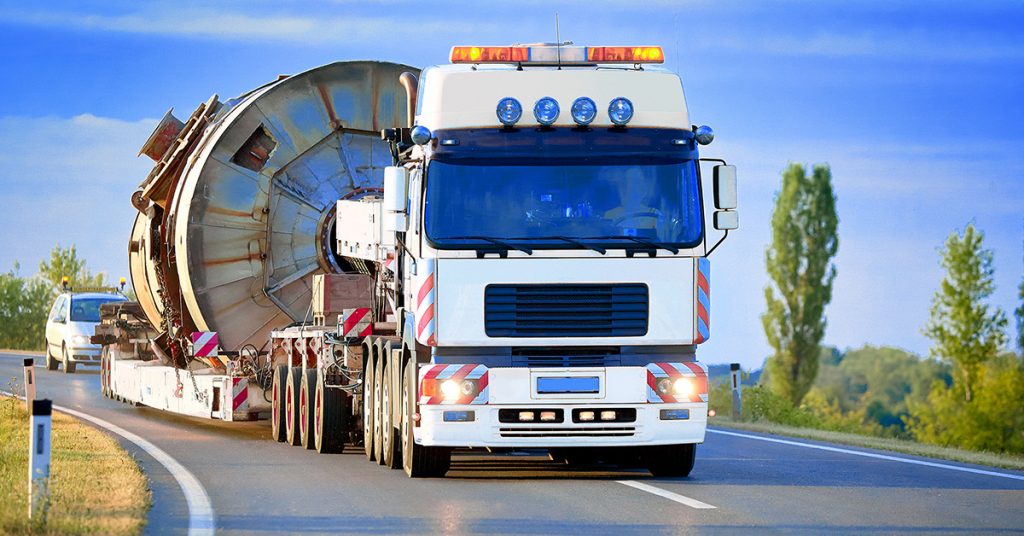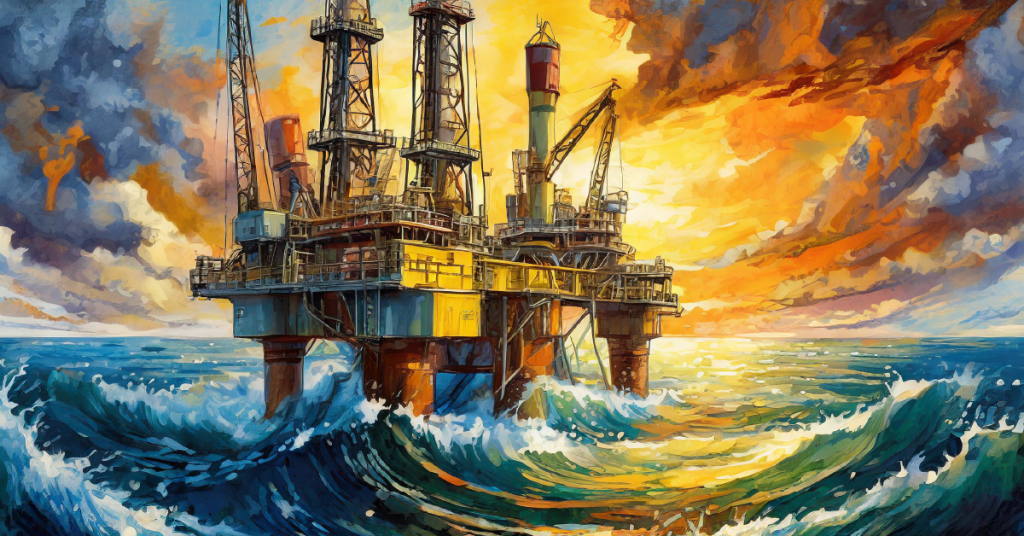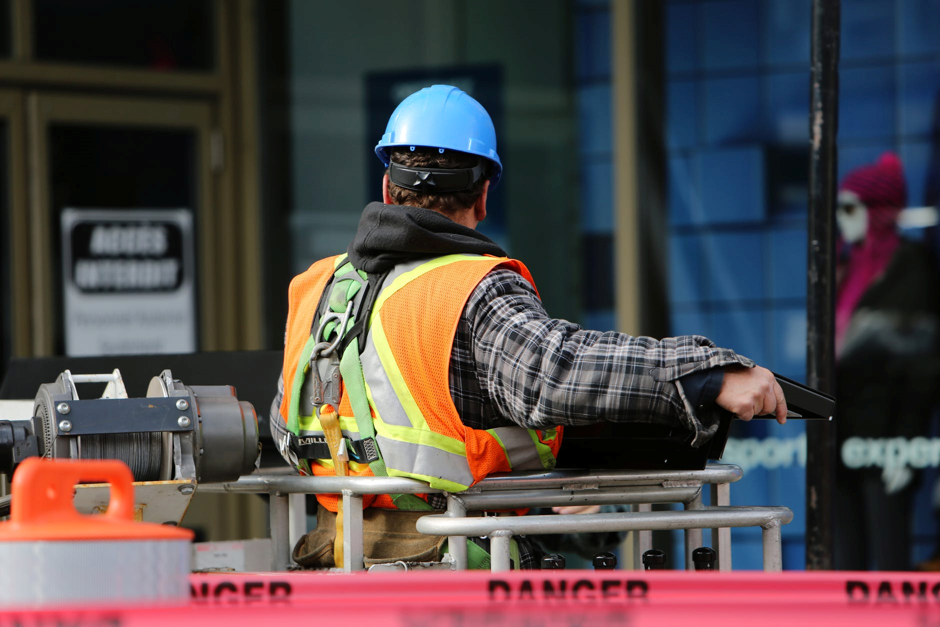Intensive Trainings

SIRE 2.0 Tanker Vetting and Human Factors
May 2 - May 3

Why Choose this Training Course
This tanker vetting training course is a 2-day training. Launched in 1993, the OCIMF Ship Inspection Report Programme (SIRE) has governed over 180,000 inspection reports. As a result, SIRE has made a significant contribution to improving the overall safety record of the maritime industry. As the industry continues to evolve, its risk profile changes. More sophisticated risk measurement and management tools are now available. Against this background, it became the right time to strengthen SIRE and ensure it remains truly effective in todays and future maritime environment.
Working with the industry, OCIMF has developed an enhanced and risk-based vessel inspection programme that will supersede the existing SIRE programme. SIRE 2.0 will provide more accurate information to enable OCIMF members and programme recipients to make judgements on the quality and the likely future performance of a vessel. In future SIRE 2.0 will encompass all of OCIMF’s inspection programmes. This includes OCIMF’s Barge Inspection Report programme (BIRE) and Offshore Vessel Inspection Database (OVID).
SIRE 2.0 is the latest version of the Ship Inspection Report Programme developed by the Oil Companies International Marine Forum (OCIMF). It is a new way of conducting and reporting ship inspections that focuses more on the human factors and management aspects of ship operations.
Who Should Attend
This tanker vetting training course is designed for anyone with immediate responsibility for loading, discharging and care in custody transfer or handling oil (Crude, Petroleum Products) cargoes. Personnel in port management, terminal operations, port policy, nautical operations and shipping management could find it beneficial.
Other related job titles include:
- Terminal Loading Masters.
- Terminal Marine Safety Operators.
- Vessel owners and operators
- Surveyors
- Marine superintendents
- Relevant industries include oil and gas, supply chain, energy and logistics etc
Key Learning Objectives
- A more comprehensive inspection regime with enhanced tools, strengthened governance processes and more in-depth
reporting outcomes, following a risk-based approach. - Enchanced inspection criteria on equipment, procedures and human factors, to further improve control over vessel safety
systems and processes. Enhanced pre-inspection processes and more robust monitoring protocols on the inspection
process have been included. - The use of web-enabled tablet devices to allow inspections and feedback to be reported and documented in real-time
and to allow inspections to be completed more efficiently, with the adoption of a comprehensive yet standardised reporting
format. - Updated policies, procedures, and user guidance housed in an online process documentation library.
- An enhanced governance process to provide greater transparency and control for all parties involved in the
programme, either directly or indirectly; and the adoption of rules that are enforceable and verifiable by OCIMF. - Significant enhancements to training and continuing development of inspectors to ensure the highest standard of
delivery is maintained and improved.



